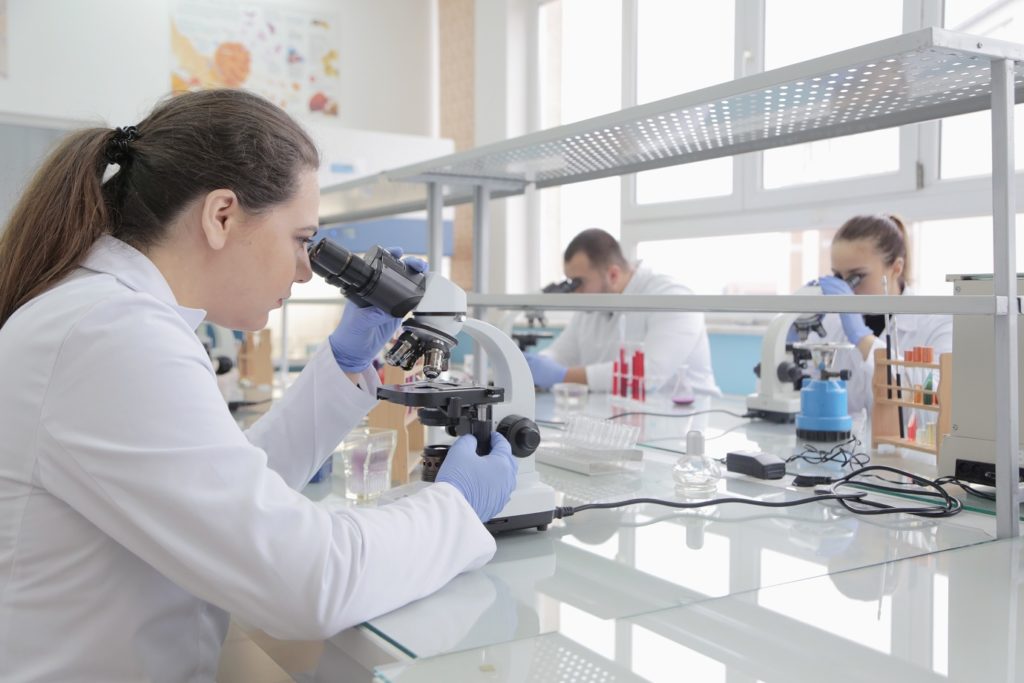We are in the midst of a significant moment in history for medical research. As the world is confronted by the impact of the COVID-19 virus on the health of populations globally, the spotlight is on organisations like mine – Australia’s Heart Research Institute – to provide answers, solutions, and, above all, hope.
As a developed nation with a promising pipeline of medical research, Australia has a clear role to play in translating these medical innovations into health benefits during this time. This is critical not only for our own country but because we also have a responsibility to the rest of the world, particularly when many other nations are clearly in a worse predicament.
Our scientists are rapidly learning more about the COVID-19 virus and Australian researchers are on a promising path with vaccine and treatment developments.
The Heart Research Institute is a key example of this. Based on more than 20 years of research, we have been developing a new anti-clotting medicine, with exciting potential to improve stroke treatment. Now, faced with the growing realisation that – unlike other corona viruses – COVID-19 causes blood clots that can result in breathing difficulties, organ failure, stroke, heart attack and death, we find ourselves in a unique position to utilise this technology in the battle against COVID-19.
Some 75 per cent of COVID-19 patients in ICU develop these widespread clots, and their recovery rate is critically low. As the link between blood clots and COVID-19 became clearer, we have turned our focus to the potential of this medicine to treat the deadly virus.
It is momentum like this that prompted Health Minister Greg Hunt to recently express the potential for Australian medical research to make a global mark during this pandemic.
“We have a golden opportunity to be a global leader in attracting new medical research, technology and clinical trials to Australia,” Hunt said.
“I think if Australia doesn’t take this opportunity to really put ourselves forward as one of the leading medical research countries in the world then that is an absolute tragedy.”
How far has Australian medicine come with gender equality?
The spotlight on the Australian medical research industry has prompted me to reflect on the sector. Amidst the positive attention, it’s clear that Australia is world-leading in many respects.
Yet there are some areas where we can still make progress. As a female who has worked in the medical research industry locally and globally for more than 20 years, I am a strong advocate for greater support of females in medicine and medical research.
According to a study in the BMJ, women represent only 28 per cent of medical leadership in Australia, despite having gender parity in Australian medical schools. In 2020, only five Level 3 Investigator Grants from The National Health and Medical Research Council were awarded to women, while 37 were awarded to men.
There is no doubt that being a female in this field is not easy. And yet the evidence is clear – diversity of gender encourages diversity of thought, an integral element of successful innovation. Our industry needs to consider tools to improve gender equality, and I see funding and support of females in medicine and medical research as an urgently needed first step.
As a global industry, there is an urgent need to bring medical research into the future through greater recognition of the critical role played by females in the sector. This, in turn, should equate to equity and support across all levels within the medical research work force.
Only then will Australia truly be able to embrace this opportunity to become the global standard in medical research. By investing in females in medical research, Australia is investing in its future as a world-leader.


